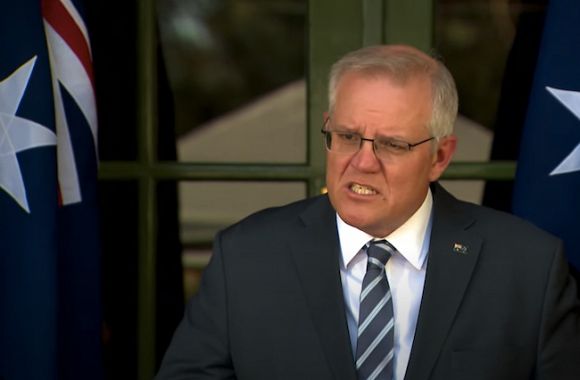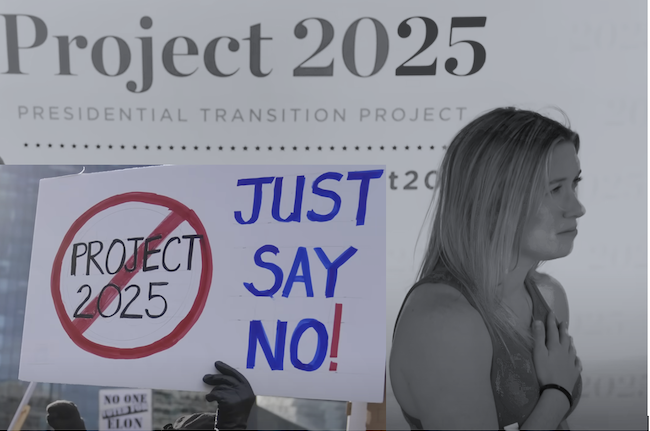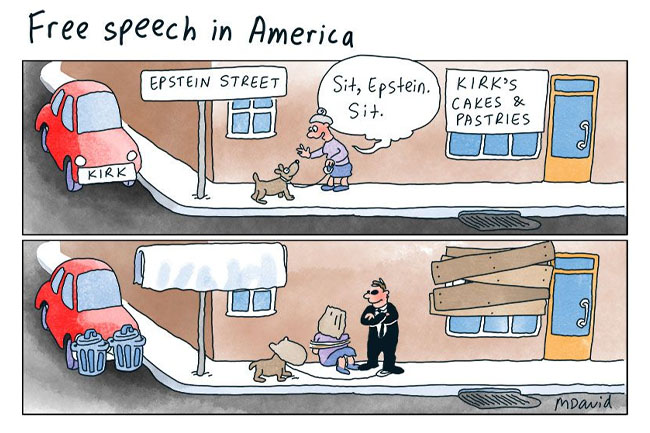Twitter can remain a place of rich debate if we refuse to accept simplistic solutions to difficult political problems, writes Dr Victoria Fielding.
A WEEK AGO on Thursday, I took a break from Twitter. The next day, I woke to news of the Queen’s death. As it turns out, my decision to have some time away from both social and mainstream media was well timed.
It’s not a small thing for me to exit from Twitter. I’ve been there almost every day for over ten years. I used to love the chaotic commentary, the banter, the searing hot takes, the critique of the powerful: politicians, big business, and news media. It was a place people could come together, console each other, have our voices heard, because we knew we weren’t being heard in mainstream news.
But, over the last few months, my love affair with Twitter has been tested. I’m sure I will be back eventually, but I am enjoying being free of Twitter’s negative, divisive, polarised and simplistic commentary which does nothing to inform healthy, vibrant debate, and instead seems to leave people wedded to extremes, stuck where they are, and incapable of pragmatism.
The world is complex grey, but on Twitter, everything is black and white.
The simplification and polarisation of media, and in turn, platforms like Twitter, is not the fault of any particular group of people. It’s not wholly the fault of social media, news media, or politicians.
There are many reasons for it. There is not one simple explanation, because like most things in life, the discourse on Twitter is complicated and the reasons for polarisation multifaceted. I have some thoughts though on why particular issues like pandemic management, welfare, climate change action and even the Queen’s death have become so toxically divided. Everyone is to blame for this, including me.
Just using the pandemic as an example, try to picture "the media" – both social media and mainstream media – as a noise of voices on the deck of a ship. When restrictions started to be implemented by governments to mitigate risk – particularly the Victorian Government – the loudest mainstream news voices rushed to one side. News media simplified all health restrictions as only negative for society, ignoring their positive outcomes.
This one-sided news narrative powerfully lurched the ship to one side, leaving it teetering in a dangerously imbalanced position. Right-wing politicians like Scott Morrison, a leader who never had any intention of steadying the ship during what he called the “tempest”, contributed his weight to the anti-restrictions, let-it-rip crowd.
This is why thousands of members of the public who rightly felt afraid of the impact of COVID-19, felt they had to do something to level the ship out. They used platforms like Twitter to rush to the other side of the ship – supporting health restrictions, defending Victorian Premier Daniel Andrews and urging governments to do more to mitigate the spread of COVID-19.
I don’t think there will ever be enough voices on Twitter to "balance" out the one-sidedness of powerful media and political establishment voices, but that doesn’t stop people from trying. The issue, and the problem I am confronting, is that in the rush to counter mainstream one-sidedness, many well-meaning voices on Twitter are stuck at the polar end of the ship and have no intention of moving.
I am, of course, not asking progressives to heave towards the one-sided mainstream media narratives. I’m just asking them to recognise that any sort of one-sidedness – whether stuck out on the far right or the far left – is simplistic and doesn’t help to solve real problems.
There are no simple solutions to the complex problems facing Australia, and much of the world. There is no ‘big red button’ that is going to solve mass income inequality, inflation, soaring house and rental prices, climate catastrophe, pandemic spread, casualisation, the globalised scourge of neoliberalism – none of these structural problems are going to be solved by over-simplification and the shutting down of good-faith debate.
Those who tell others that there are simple solutions are false prophets. Those who argue that anyone who questions simple solutions is part of the problem, are also contributing to a rigid discourse that gets us nowhere.
For example, people who argue that governments can mask and ventilate their way back to COVID-zero, are using people’s fear to manipulate them, to sell them an unobtainable utopian dream. They might be doing it in good faith, but the result is the same.
It seems like there is no middle ground on the "media ship", and no way to navigate the deck without being told you either have to take a side, or walk the plank. There is no nuance, no balance, no complexity. Alternative perspectives are not allowed.
A week before I decided it was time for me to take a Twitter break, I committed the apparent sin of asking my followers who were calling for Prime Minister Anthony Albanese to do more to stop the spread of COVID, what exactly they wanted him to do.
The virus has literally been let-rip, so there’s no going back now.
Just asking this question, and sharing my opinion that there’s little that can be done considering the spread we’ve seen while restrictions were in place, led me to be accused of killing vulnerable people. For many on Twitter, there is no nuance, there is no acceptance of different viewpoints and anyone who disagrees with them is evil.
When I see Prime Minister Albanese tweet about any subject at all and be peppered with hundreds of comments calling for returns to mask mandates, mask mandates, mask mandates, even as Australia experiences some blessed relief from the raging virus (I know the pandemic is not over!), I don’t see progress. I see dogma. I see unproductive simplicity in the place of complexity. I see people stuck in a groove, unwilling to engage in discussion and unwilling to see the world from different perspectives.
This problem is everyone’s fault, and no one’s. As I watched my comments fill up with accusations of wickedness, I received a private message from one of my followers. She said she agreed with me, and that she was sure most of the people she knows agree with me too. She said she was too scared to say that publicly, because she didn’t want to be attacked like I was.
I wondered at that point how many others on Twitter want to meet somewhere in the middle of polarised black and white narratives but are too scared to say so in case they get torn down for holding the "wrong" opinion?
The world is complex. Political progress happens in fits and starts. There is no magic wand and there are so simple solutions. The ship needs some balance. The mainstream ship and the social media ship. Each is fighting with the other and the middle has become a dangerous place to be.
I understand why progressive people are frustrated and why they are impatient to see change happen now. They are sick of feeling voiceless in the mainstream media. They want to end the pandemic, they want to address inequality, they want Australia to be a republic, they want climate change solved, they want Australians to have equal access to opportunities.
The thing is, I want all these things too. But, we’re not going to get them if we stop listening, if we’re too stubborn to compromise and if we ignore complexity. If we don’t find a way to pragmatically move forward in a steady way, the ship – to murder an analogy – will be wrecked.
Dr Victoria Fielding is an Independent Australia columnist. You can follow Victoria on Twitter @DrVicFielding.
Related Articles
 This work is licensed under a Creative Commons Attribution-NonCommercial-NoDerivs 3.0 Australia License
This work is licensed under a Creative Commons Attribution-NonCommercial-NoDerivs 3.0 Australia License
Support independent journalism Subscribe to IA.














